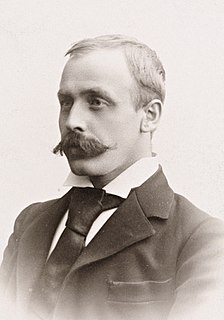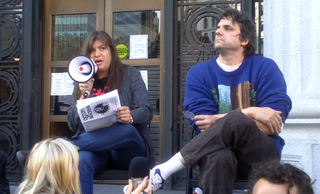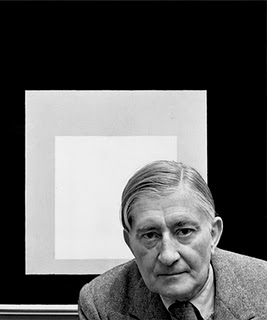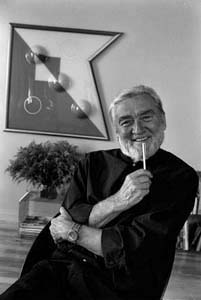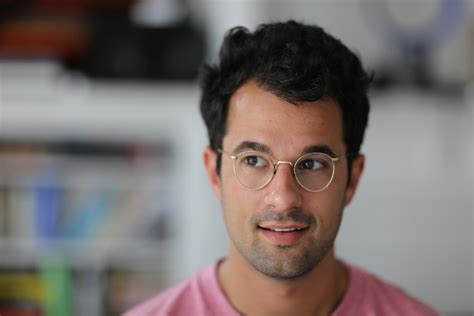A Quote by Eric Kandel
In art, as in science, reductionism does not trivialize our perception - of color, light, and perspective - but allows us to see each of these components in a new way.
Quote Topics
Related Quotes
Munch writes poetry with color. He has taught himself to see the full potential of color in art His use of color is above all lyrical. He feels color and he reveals his feelings through colors; he does not see them in isolation. He does not just see yellow, red and blue and violet; he sees sorrow and screaming and melancholy and decay.
Our colonizers have taught us to believe that our health has improved because of Western medicine, Western foods, and Western technology. In a society that values progress, our colonizers taught us that conditions in the world are perpetually improving, that with each new technological advancement, each new discovery, each new way to utilize resources, each new way to alter the environment, that the world is getting better, that it is advancing. These are all lies.
Science is much more than a body of knowledge. It is a way of thinking. This is central to its success. Science invites us to let the facts in, even when they don't conform to our preconceptions. It counsels us to carry alternative hypotheses in our heads and see which ones best match the facts. It urges on us a fine balance between no-holds-barred openness to new ideas, however heretical, and the most rigorous skeptical scrutiny of everything - new ideas and established wisdom.
Light and color are closely linked. The colors can make a crucial change in nature, if you switch from daylight to artificial light or just from strong to weak illumination. In addition, color perception is affected by the material structure. Even if a piece of textile can have the same color as a shiny enamel plate, then they will act completely different.
It's how you tell the story that makes it new. That's what artists do. They let us look at the world from a different perspective. They let us look at birds in a way that makes us never see birds again in the same way. That's why I don't think computers are healthy for kids. They're too literal. You pop a button and a bluebird comes out. You pop another button and you can take the color blue and shove it into the outline of the bluebird.
In each of us lie good and bad, light and dark, art and pain, choice and regret, cruelty and sacrifice. We’re each of us our own chiaroscuro, our own bit of illusion fighting to emerge into something solid, something real. We’ve got to forgive ourselves that. I must remember to forgive myself. Because there is a lot of grey to work with. No one can live in the light all the time.
We all have a family and I think we all have a perception of our family that we like to keep and we all have our positive memories in a certain way. Then when life catches up to them, when you see a different perspective of them, or when you are a couple degrees over, you can see things differently and it shakes you to the foundation.

